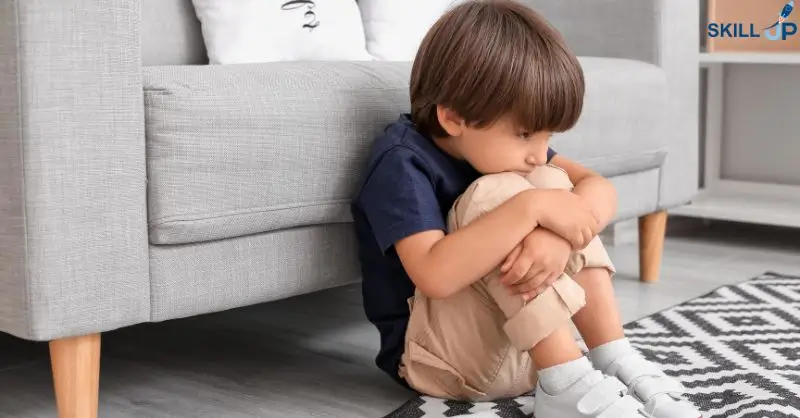 Course Highlights
Course Highlights
Understanding adverse childhood experiences (ACEs) is crucial for professionals working with children and families. This course delves into the definition, types, and long-term effects of ACEs, providing a comprehensive foundation for identifying and addressing these critical issues. Through a blend of theoretical insights and essential applications, learners will gain the skills necessary to recognize the signs of ACEs and implement supportive measures to mitigate their impact.
In the first part of the course, we cover the origins and definitions of adverse childhood experiences, exploring various categories such as abuse, neglect, and household dysfunction. We examine the ways in which these experiences can shape brain development, emotional regulation, and social interactions. By understanding the science behind ACEs, learners can appreciate the importance of early intervention and the role it plays in altering life trajectories.
The latter part of the course focuses on intervention strategies and support mechanisms. Learners will explore evidence-based practices for working with children and families affected by ACEs, including trauma-informed care and resilience-building techniques. Interactive exercises and case studies will equip learners with the tools needed to make a meaningful difference in the lives of those impacted by adverse childhood experiences.
 Learning outcome
Learning outcome
- Understand the definition and types of adverse childhood experiences.
- Recognize the long-term impacts of ACEs on development and health.
- Identify signs and symptoms of ACEs in children and adults.
- Apply trauma-informed care principles in various settings.
- Develop strategies to build resilience in affected individuals.
 Course media
Course media
 Why should I take this course?
Why should I take this course?
- Gain in-depth knowledge of adverse childhood experiences.
- Learn skills for supporting affected individuals.
- Enhance your ability to make a positive impact on children and families.
- Stay current with best practices in trauma-informed care.
- Boost your professional credentials and career opportunities.
 Career Path
Career Path
- Child Psychologist
- Social Worker
- School Counselor
- Child Protective Services Worker
- Family Therapist
 Requirements
Requirements
- Basic understanding of child development.
- Interest in working with children and families.
Course Curriculum
-
Module 01: Introduction to Adverse Childhood Experiences
00:19:00
-
Module 02: Effects of Adverse Childhood Experiences
00:18:00
-
Module 03: Risk and Protective Factors
00:21:00
-
Module 04: Physical and Emotional Abuse
00:18:00
-
Module 05: Physical and Emotional Neglect
00:16:00
-
Module 06: Sexual Abuse
00:16:00
-
Module 07: Household dysfunction
00:19:00
-
Module 08: Bullying
00:18:00
-
Module 09: Parental Substance Abuse
00:18:00
-
Module 10: Discrimination and Racism
00:18:00
14-Day Money-Back Guarantee
-
Duration:3 hours, 1 minute
-
Access:1 Year
-
Units:10


Want to get everything for £149
Take Lifetime Pack




